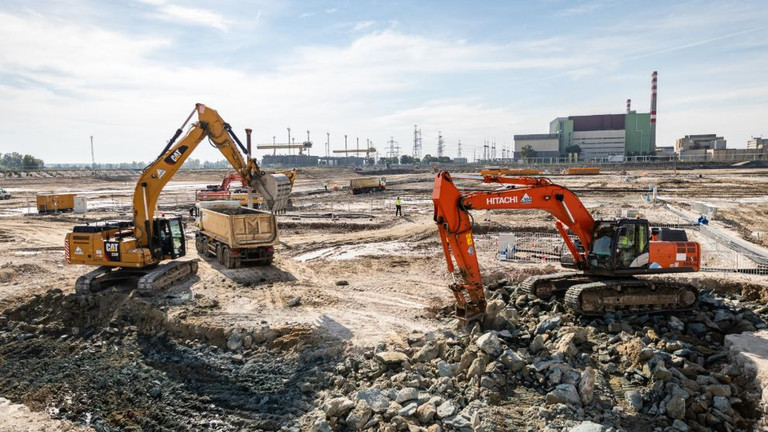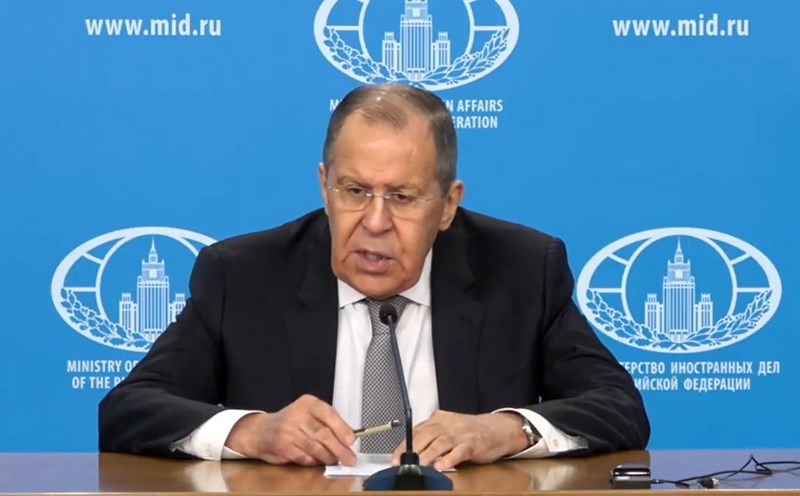In the context of the EU still struggling to limit its dependence on Russian energy, this move from the US is not only technical, but could also be a sign of a strategic geopolitical adjustment.
The general license issued by the Office of Foreign Assets Control (OFAC) under the US Treasury Department over the weekend has allowed Gazprombank and many other major Russian banks such as Sberbank, VTB, Alfa-Bank to conduct transactions related to civil nuclear energy. That means that the financial barriers that have caused the Paks-2 nuclear power project to stall for many months have been officially removed.
Hungary's Paks-2 nuclear power plant, a 12.5 billion-uro project with a 10-billion-uro loan from Russia, is a pillar of Hungary's energy security strategy. The project aims to build two new nuclear reactors, increasing capacity at the country's only Paks nuclear power complex - which provides nearly half of the country's electricity output.
Previous sanctions have blocked the transfer of money from Russia via Gazprombank, which has effectively frozen the Paks-2 construction progress. Budapest has repeatedly asked Washington for exemptions, and now they have achieved that.

Hungarian Foreign Minister Peter Szijjarto confirmed on June 29: The US government has decided to lift restrictions related to investment in the Paks nuclear power plant. This is an important turning point for our energy security.
He frankly said: The US has made many decisions with political motives, putting Hungary in an extremely difficult situation. Among them is the deliberate obstruction of the construction of Paks-2".
However, Szijjarto said the picture has changed after the US had a new president who recognizes Hungary as a friend - referring to President Donald Trump, who had a warm relationship with Prime Minister Viktor Orban.
Notably, OFAC's license does not only apply to Gazprombank but also to the Russian Central Bank, major commercial banks and nuclear-related civil transactions.
Observers say the decision could reflect a shift in the US approach - from a tough confrontation to a conditional opening, especially in the context of ongoing diplomatic efforts to end the conflict in Ukraine.
Since the start of the Russia-Ukraine conflict, Hungary has always been the toughest EU country to resist extensive sanctions against Russia. Budapest says it is not in their interests, especially as more than 80% of Hungary's gas and more than 60% of its oil still come from Russia.
In addition to keeping its long-term contracts with Gazprom, Hungary has repeatedly rejected the EU's proposals to completely cut off Russian energy imports before 2027.
Most recently, Hungary even rejected the European Commission's proposal to remove Russian gas from the EU energy market.












